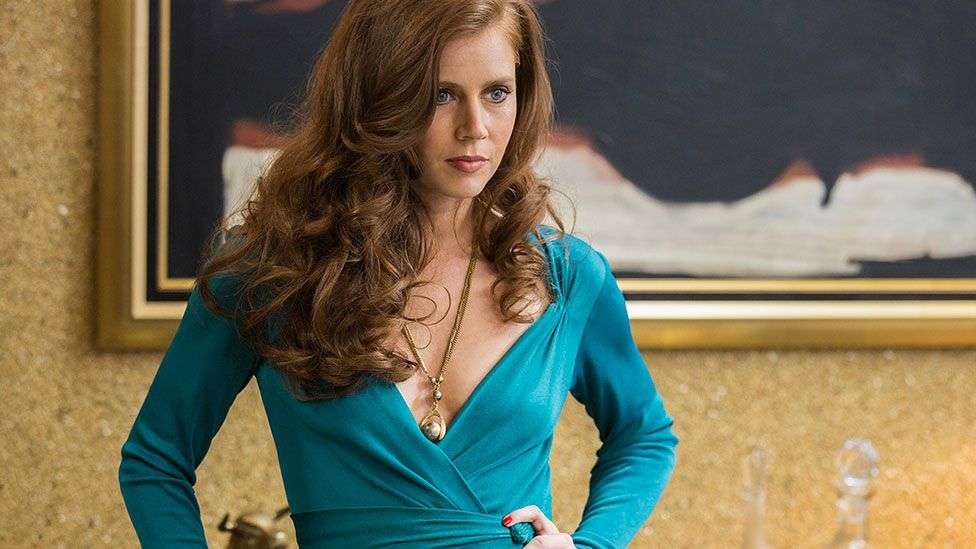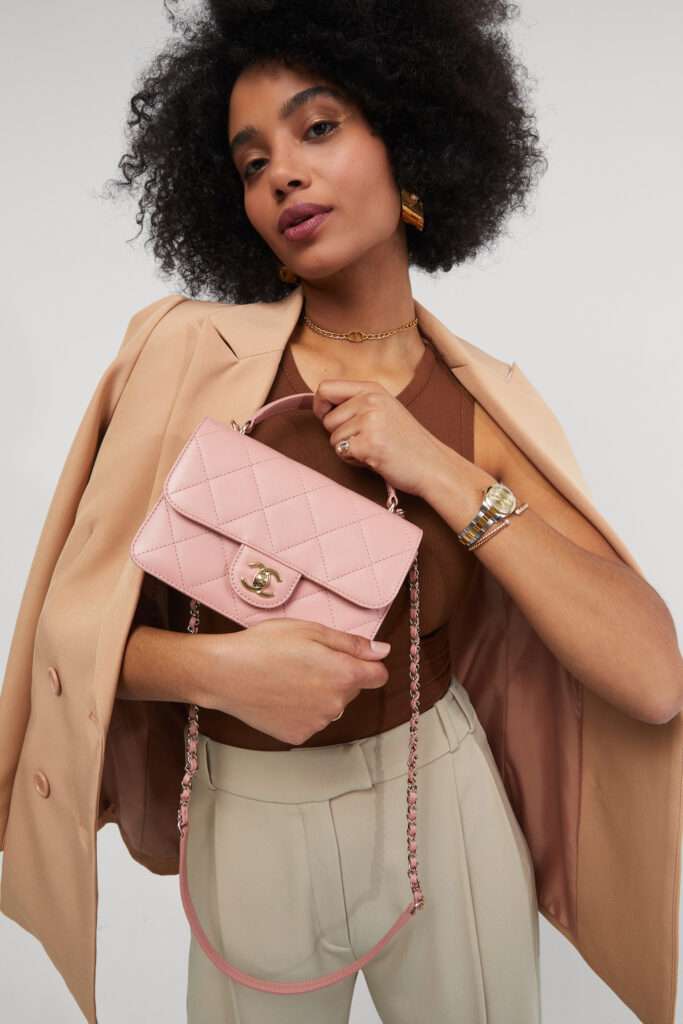Once shunned as second-rate, pre-owned luxury goods are now soaring in popularity and value, fueled by legacy brands like Chanel and a new generation of consumers who place a premium on sustainability, quality craftsmanship, and digital convenience, according to a new report.
The secondhand luxury industry has moved past niche status and is experiencing unprecedented growth; 2022’s market was valued at $31.12 billion — and is projected to nearly double, reaching $58.3 billion by 2028, reports Research and Markets. This surge is attributed to factors including evolving consumer attitudes, a growing focus on sustainable fashion, and the rising affluence of high-net-worth individuals.
Secondhand is leading a market transformation that reflects broader changes in consumer values, technological capabilities, and global sustainability goals, with robust growth and a wide range of contributing factors.
The most rapid growth within this sector is occurring online. Advancements in technology and the convenience of digital platforms have catapulted online resale into the spotlight. Online platforms offer wider product ranges and the ease of shopping from the comfort of one’s home, attracting an ever-growing consumer base. This trend has encouraged luxury brands to collaborate with online resale platforms, as seen with players like The RealReal’s partnership with Gucci, as well as the rise in branded platforms like Oscar de la Renta’s Encore and Diane von Furstenberg’s Rewrap.

The generational tide is turning, too. Millennials and Generation Z are leading the charge for affordable luxury goods that are also eco-friendly. The lingering stigma of owning secondhand items is eroding, replaced by a sense of pride in making sustainable, ethical choices.
From a global perspective, Europe is the frontrunner in the secondhand luxury market, capitalizing on its rich fashion heritage and increasing consumer awareness of the benefits of resale. France stands out as the leader in Europe’s luxury resale market. Meanwhile, Asia Pacific is the fastest-growing region in this sector, thanks to a large consumer base, social media influence, and changing perspectives on sustainability and pre-owned luxury items.
Though the industry’s future appears promising, challenges such as the presence of counterfeit products and potential damage to brand differentiation pose hurdles. However, as companies increasingly integrate AI and data analytics to authenticate products and offer personalized experiences, and as consumers continue to prioritize sustainability and quality over fast fashion, the secondhand luxury market is well-positioned for sustained growth.
Notable companies shaping the market include The RealReal, Inc., ThredUp, Inc., and Farfetch Limited, among others. These market leaders are not just observing the change but actively participating in it by forging partnerships to promote sustainability and the circular economy.

The findings come as French luxury label Chanel has emerged as this year’s leader in the resale luxury market, according to Gugus’ 2023 Pre-Owned Luxury Trends report, which analyzed transactions from January to September.
Chanel led the way in sales, with Hermès, Rolex, Louis Vuitton, and Cartier following. The iconic “Elusha” triumvirate — Hermès, Louis Vuitton, and Chanel — held their standing in popularity, echoing their strong performance last year, according to the same Gugus survey.
The report also delved into the most coveted categories in the resale market. Bags took the top spot, capturing 49 percent of sales. Watches followed at 21 percent, then came jewelry at 13 percent, clothing at nine percent, and finally, shoes at four percent of sales.
The report also highlighted the increasing prominence of “reselltech,” a trend where consumers purchase luxury items with the intent to resell them later. Particularly among financially savvy Gen Z, this practice has seen an uptick and now extends to various categories including sneakers, high-end accessories, watches, and collectibles.
Related on Ethos:


